When you were growing up, you thought your life was pretty much like everyone else’s.
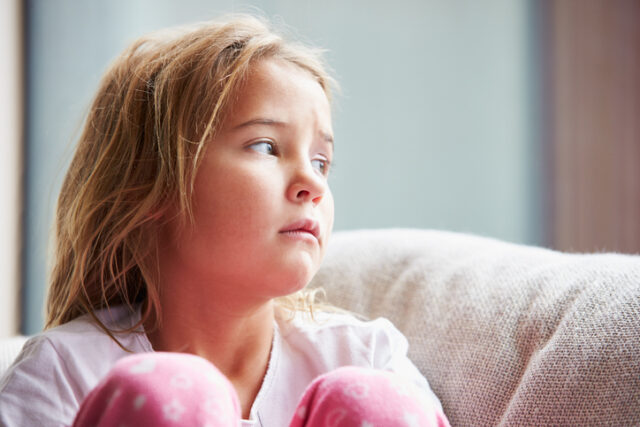
Since you never knew what went on behind closed doors at your friends’ houses, you assumed your childhood was pretty normal, even if it wasn’t exactly amazing. However, chances are your upbringing may have been an unhappy one, you just didn’t recognise it back then. Here are some signs that may be the case.
1. You struggle to express your emotions.
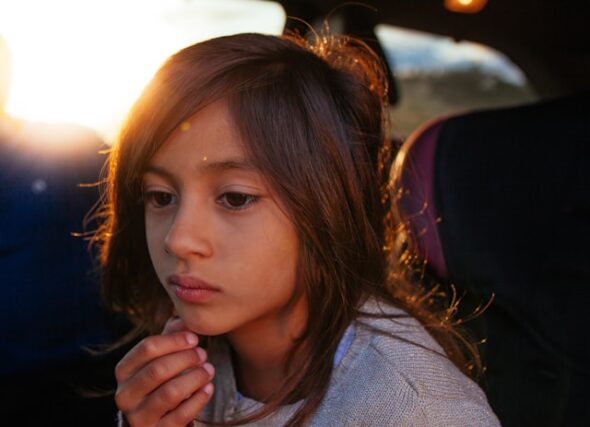
If you find it hard to open up about how you’re feeling, it could be because growing up, your emotions weren’t really validated. Maybe you were told to “toughen up” or not make a fuss. As an adult, that makes it tricky to express yourself, and you might feel awkward or unsure when people ask how you’re doing.
2. You’re a people-pleaser.

If you’re constantly putting everyone else’s needs before your own, it could be because, as a kid, you had to earn love or approval through good behaviour. Now, you might struggle to say no or set boundaries, feeling anxious about letting people down, even if it’s at your own expense.
3. You find it hard to trust people.
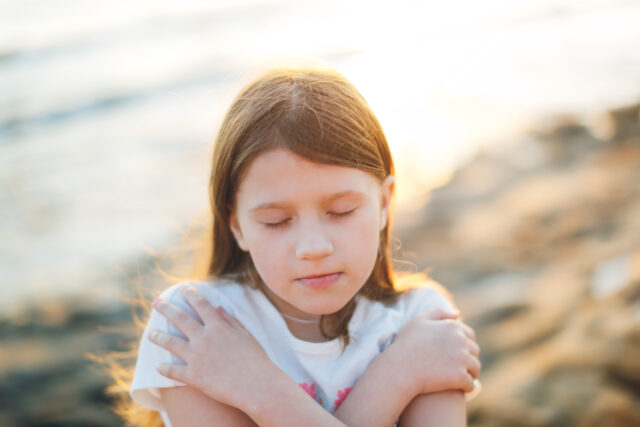
If trusting anyone is difficult for you, especially in relationships, it might be because your trust was broken early on. Whether it shows up as being overly cautious or expecting things to go wrong, it can make building deep friendships or romantic relationships feel challenging and risky.
4. You’re your own worst critic.

If you’re constantly picking yourself apart or feeling like you’re not good enough, it could come from being overly criticised or held to impossible standards as a child. You might struggle to celebrate your successes or be kind to yourself when things don’t go perfectly.
5. You second-guess every decision.

Do you find yourself paralysed by decisions, big or small? If you weren’t allowed to make choices as a child or felt like your opinions didn’t matter, this can carry over into adulthood. You might end up constantly looking for other people’s approval before you make any kind of move.
6. You’re always on edge.
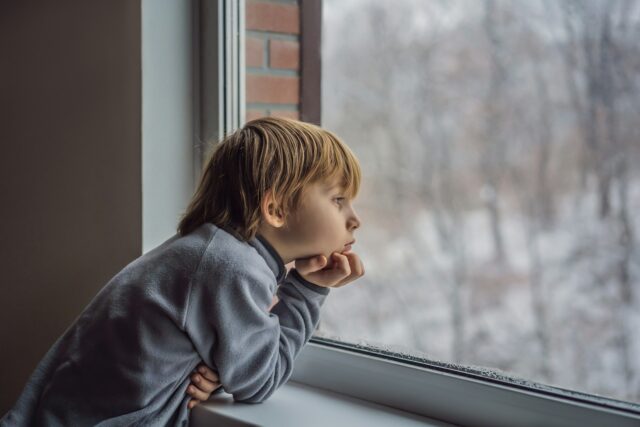 Source: Unsplash
Source: Unsplash Feeling anxious all the time, like you’re waiting for the next shoe to drop, could be linked to childhood stress. Growing up in a tense environment might have left you hyper-alert, always preparing for something bad to happen, even when things are calm.
7. You struggle with boundaries.
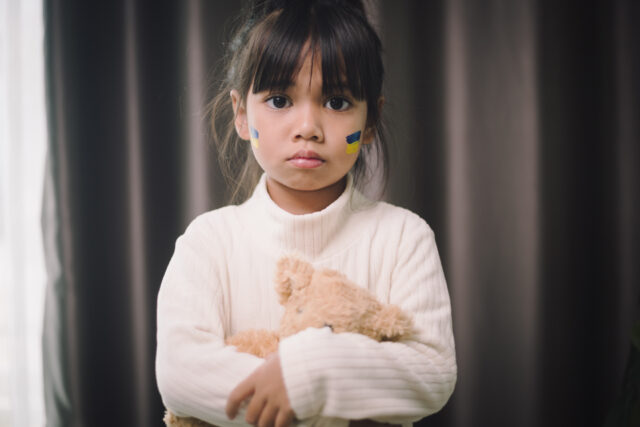
If you find it hard to set boundaries with people, it might be because your limits weren’t respected when you were young. Whether it’s saying no or standing up for yourself, you could feel guilty or worried about upsetting people when you try to protect your space.
8. You aim for perfection in everything.

Striving to be perfect, whether it’s at work or in your personal life, might stem from childhood experiences where mistakes weren’t tolerated. If love or approval felt conditional on being flawless, you might now feel an intense pressure to get everything right, leaving you stressed and burnt out.
9. You have trouble getting close to people.
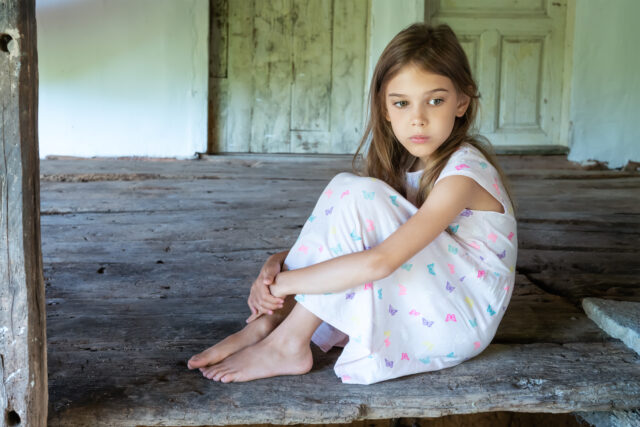
If emotional or physical intimacy makes you uncomfortable, it could be rooted in how you were raised. You might push people away when things start getting serious, or struggle with the idea of being vulnerable with someone, making relationships feel scary or unfamiliar.
10. You say sorry all the time, even when you haven’t done anything.
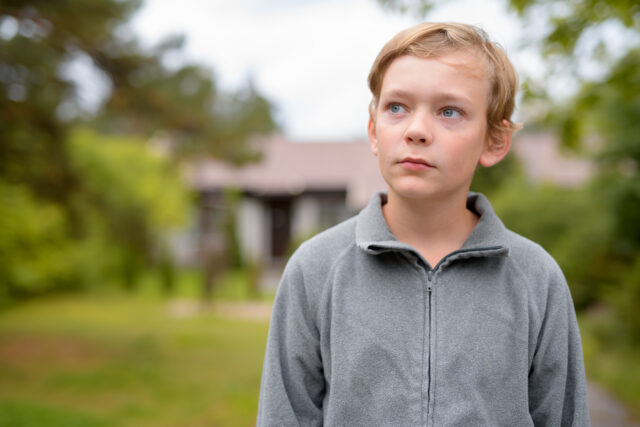
If you find yourself apologising constantly, even when it’s not your fault, it might be a habit you picked up from childhood. You might feel responsible for other people’s emotions or actions, and now, you say sorry just to keep the peace, even when there’s no real conflict.
11. You deal with unexplained health problems.

Chronic stress in childhood can sometimes show up later in life as physical health issues. Whether it’s headaches, stomach problems, or unexplained pain, these symptoms can be your body’s way of processing long-term emotional strain.
12. You don’t know how to celebrate your own success.

If you find it hard to enjoy your achievements or feel uncomfortable when people praise you, it could be because your efforts weren’t acknowledged as a kid. Now, you might downplay your wins or always be looking ahead to the next goal without appreciating where you are.
13. You’re drawn to chaotic relationships.

If you grew up in a home filled with drama or conflict, you might find yourself attracted to similarly chaotic relationships as an adult. Calm, stable situations might even feel boring, leading you to be drawn to or tolerate unhealthy dynamics.
14. You struggle to take care of yourself.
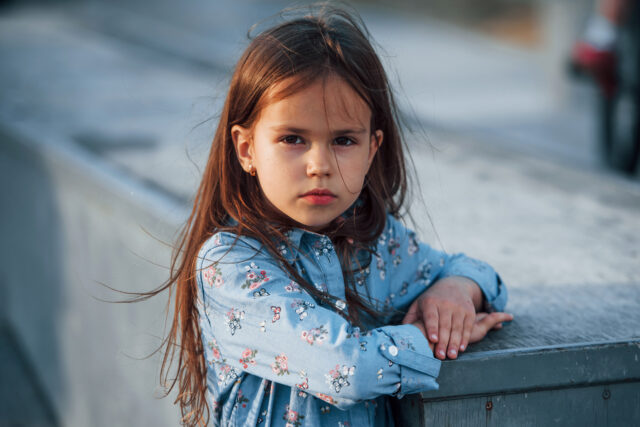
If self-care feels foreign or like something you “shouldn’t” prioritise, it might be because you were neglected or forced to grow up too fast. You might push yourself too hard, neglect your health, or feel guilty when you take time for yourself, even though self-care is crucial.
15. You don’t know what you want.
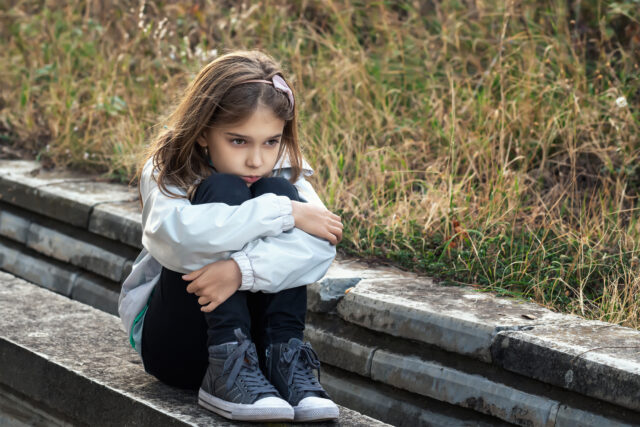
If you’re unsure of your own desires or always defer to other people when it comes to making choices, it could stem from a childhood where your wants didn’t matter. Whether it’s big life decisions or small preferences, figuring out what you want can feel confusing or unfamiliar.
16. You never see yourself in a positive light.
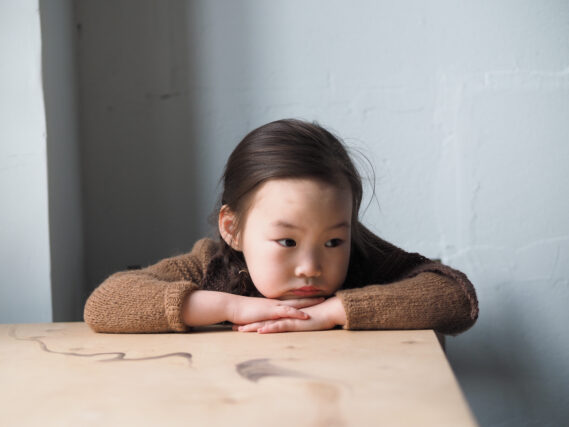
If you struggle with low self-esteem or constantly feel like you’re not enough, it might be because of early experiences that made you feel flawed or unlovable. You may have a hard time accepting compliments or seeing your strengths, which can affect your confidence in every area of your life.




